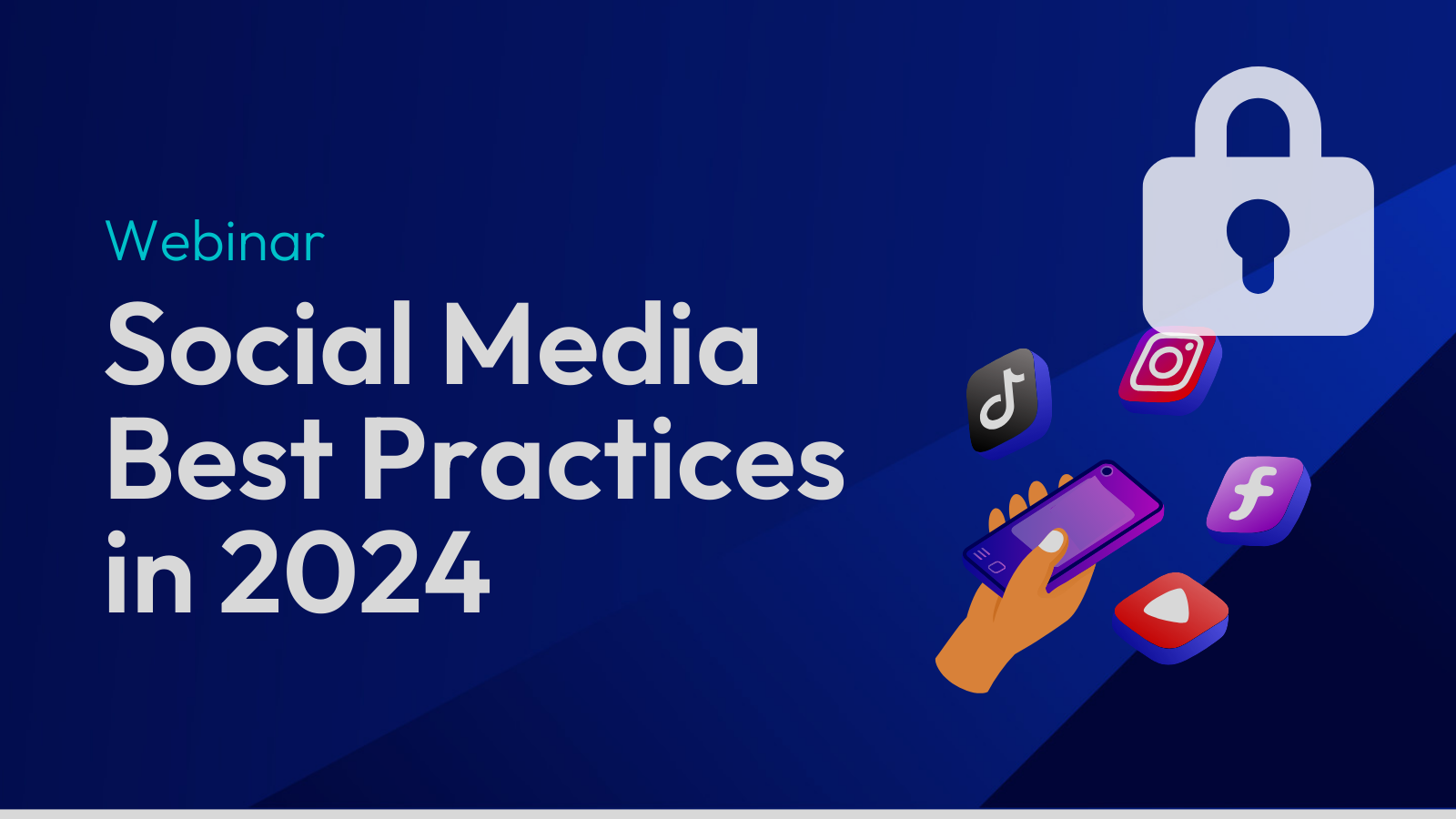Despite what it may sometimes seem, not everyone is a marketer

When it comes to getting legal advice on a matter for your business, you’d get that advice from a Lawyer right? And what about strategic accounting advice? I’m hazarding a guess that you would trust that advice coming straight from a strategic accountant’s mouth. Personally, for anything people-related, I get expert advice from my HR Consultant.
But when it comes to marketing, there seems to be a lot of people out there claiming to know boats when it comes to this important business topic. But in reality, they don’t.
This is a shame. Because when you get marketing advice from the right people, it can lead to incredible results for your business.
However, when you get it from people who simply claim to know a thing or two about marketing but in reality wouldn’t know a positioning statement from a pricing strategy, well….that’s when things like your business bank account and your business’s reputation can really start to suffer.
In short, following marketing advice from people who are not experts can lead to:
Money being wasted. Over the past couple of months, I’ve seen clients who have trusted non-marketers’ advice and ended up with completely the wrong website solution – which will now have to be redone. I’ve seen shitty Facebook Ad campaigns implemented that were never ever going to drive the results that the business owner was looking for. I’ve heard stories of people investing every marketing dollar they had into one media channel that turned out to be completely the wrong channel for their target audience – and you guessed it – that marketing yielded zero results.
Time being wasted. As a small business, you don’t have time (or energy) to waste investing in ill-effective marketing campaigns. It takes time to get all of the content together, to make decisions about messaging and imagery, to sign off spends and channels and all of the things. You want to be confident that this time will generate a return for your business, not be a sunk resource.
Frustration. Every now and again failure is inevitable for a small business that likes to push the boundaries a bit, but if your overall marketing is executed well, this does not need to fail. Sure, a bit of trial and error is often necessary and guerrilla marketing campaigns can be risky, but ultimately, if marketing is driven by strategy, your risks will be mitigated enough to ensure that ultimately, your marketing succeeds
A belief that marketing does not work. This is probably the thing that annoys me more than it will annoy you. But it should make you mad, because if you don’t end up investing in marketing because of a bad experience, you potentially end up missing out on branding and growth opportunities that can add tremendous value to your small business.
So how do you know who to listen to and who not to. Well, here is a list of some of the people that may pop up on your radar offering marketing advice that may not be qualified to do so:
- The person who tells you they did a marketing subject at university. Twenty years ago. But haven’t worked in it at all since then.
- The digital marketing consultant who is at your doorstep to sell you an online directory solution or some online advertising. This is not your digital marketing consultant. Unless they are recommending activities and channels that are not included in their product range, they are in fact your sales consultant.
- The business coach or consultant who has read some books about marketing and participated in some webinars but has zero formal training in marketing and has never actually developed a marketing strategy, implemented it for 12 months and meticulously reported on this campaign month on month. This may be a business expert, however, they are not a marketing expert. NB There are plenty of business coaches who can talk about marketing tactics or popular marketing topics. My fourteen year old daughter can also talk about getting engagement on Instagram. However, I wouldn’t be asking her about how this tactical output transcends into meaningful business outcomes.
- The media rep with a sales budget to meet and a marketing plan that solely consists of products that they sell.
- That friend at the BBQ that tells you all of the marketing stuff that works for them and urges that you should do exactly the same.
Even if you had exactly the same type of business as them, I’d still advise you to do things differently. Marketing is not an occupation that requires a cookie-cutter tool!
So how can you sort the wheat from the chaff? What are the characteristics of a true marketer to look out for? While the list below is not exhaustive, it will certainly provide you with some starting points for assessment.
1. Look for marketing qualifications. Now I know not all amazing marketers have a marketing degree, but most of the ones I know do. And the good marketers that don’t, may not have a degree but they have worked in marketing for a very long time and they have learned on the job. You’ll easily be able to see this by checking their profile out on LinkedIn.
Now a word on the degree. There are a bunch of people who may have studied marketing at university – but if they have not done anything with this degree since they completed it 20 years ago, then this is not a marketing expert. Not only has the marketing industry shifted pretty significantly in the past 20 years, but the theory is one thing. Actual real-life experience with this theory is another.
2. Certified Practicing Marketer accreditation. This is issued by the Australian Marketing Institute and is only issued to those marketers who have earned enough points with formal marketing training and experience. The CPM status is reviewed annually so it ensures that marketers who have this qualification are investing in the relevant professional development to keep their skills relevant.
3. Experience. You want a clear demonstration of a person’s ability to plan, execute and measure a marketing campaign. Do they have some case studies or client testimonials where they can prove that they have achieved strategically planned marketing goals for a business like yours? And I’m not talking about have they delivered the output of coordinating a website for another business. If your adviser can only provide an example of a marketing tactic such as coordinating a website, start asking them strategic questions such as what were the business objectives with this website, what market and consumer research did you perform in order to shape the content of the site, how does the website relate to other marketing tactics that are in play for that business? How are you measuring the success of that website?
4. Testimonials. Ask to see some testimonials from other clients of theirs – specifically about the marketing outcomes (not output) that your adviser has managed to gain for them. For example; we are not looking for testimonials about how many emails were sent and how often, we want testimonials that talk about how email marketing plugged into the business and drove bottom-line results by achieving certain marketing objectives such as engagement or revenue growth.
5. Marketing Awards. Not business awards. Marketing awards. I’ve judged the Australian Marketing Institute Awards for Marketing Excellence for 4 years now. I know how rigorously they are judged. If someone has won a marketing award for their work, then they are likely a good marketer.
Buyer beware! Not everyone is always the marketer that they claim to be. So if marketing is something that’s on your radar for FY 21/22 then I recommend being more selective with who you get your marketing advice from to ensure that you spend your marketing budget in the most cost-effective and efficient manner.

Jane Hillsdon is a passionate award-winning marketer dedicated to helping small business owners gain clarity, consistency, and confidence with their marketing efforts to ensure they achieve their desired result. She is a Certified Practising Marketer and AMI NSW State Committee Chair.
Jane is the founder and Managing Director of Dragonfly Marketing, author of How To Do Marketing – A Comprehensive Guide For Small Business and host of The How To Do Marketing Show.
This article was originally published by Jane Hillsdon on 30 May 2021. Click here to read the full article.





